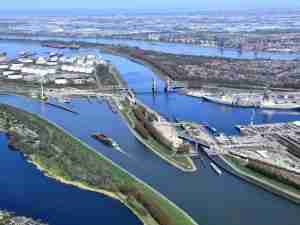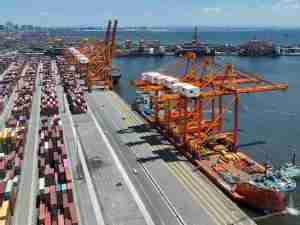China wants shipping partnership with Brazil’s Vale
By: Reuters | May 26 2014 at 06:17 PM | Ports & Terminals | Liner Shipping
China is interested in setting up a partnership with Brazilian mining major Vale to move iron ore from its giant vessels on to smaller ones, as a ban on the big ships docking at Chinese ports continues, its ambassador to Brazil said on Monday.
Vale’s mega ships, capable of carrying 400,000 tonnes of iron ore and known as the Valemax, are not permitted to dock at Chinese ports due to their size. This has frustrated the miner’s attempts to reduce freight costs in order to compete with Australian-based rivals such as BHP Billiton and Rio Tinto, located closer to China.
Chinese ship owners have strongly opposed access for Vale’s mega ships amid concerns they could worsen a shipping glut and steal market share.
“Our transport department has every interest in discussing and resolving this matter, including options such as setting up a partnership to transship the iron ore and thus work together to lower freight costs,” Ambassador Li Jinzhang told foreign reporters at a conference in Brasilia.
Transshipment involves moving the iron ore from the Valemax ships on to smaller boats which could then dock at Chinese ports. Vale is currently developing a transhipment center in Malaysia and already has a system in operation in the Philippines.
The ambassador did not go into any further details as to what such a partnership might entail.
Vale’s transportation costs are currently about $22 a tonne.
If the Valemax ships were able to take cargoes directly to China, Vale would save about $7 a tonne over current costs. Australian iron ore producers have normally had a $10 per tonne freight advantage over Brazilian ore.
Li said problems remained for Valemax ships to dock at Chinese ports saying they were “mainly of a technical nature.”
China’s Ministry of Transport barred the ships from the country’s ports in early 2012, citing safety concerns after the first Valemax docked at Dalian Port in December 2011.








